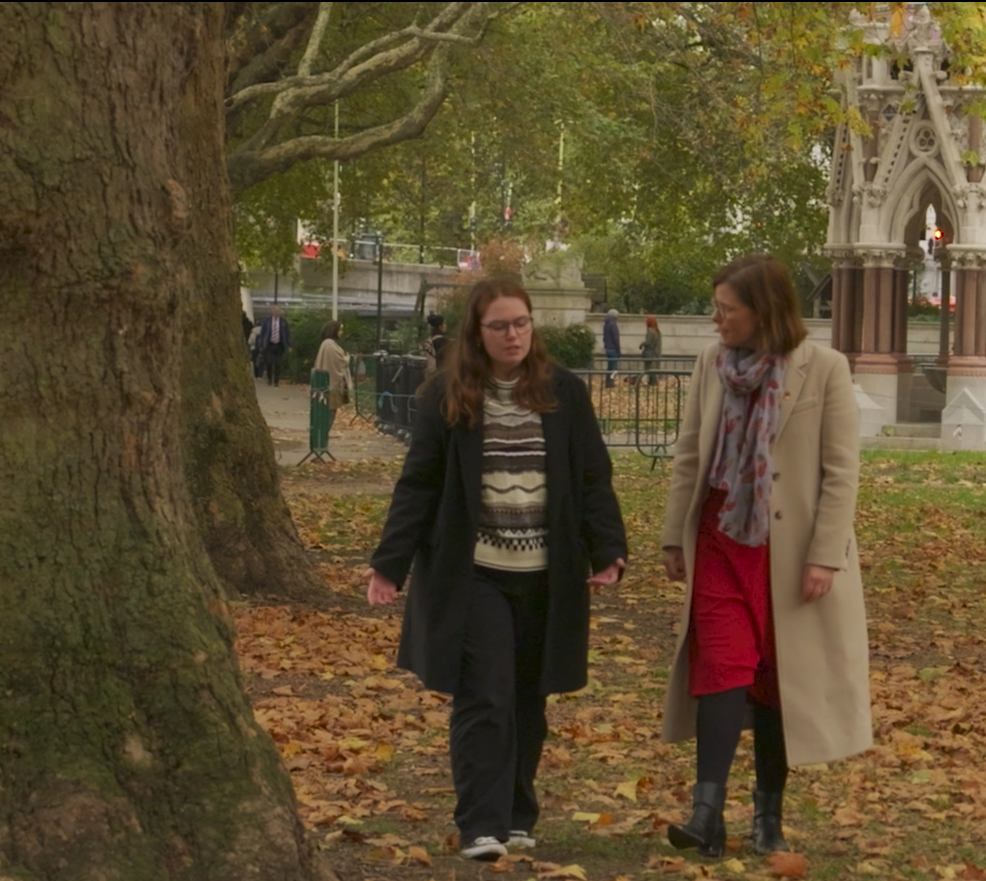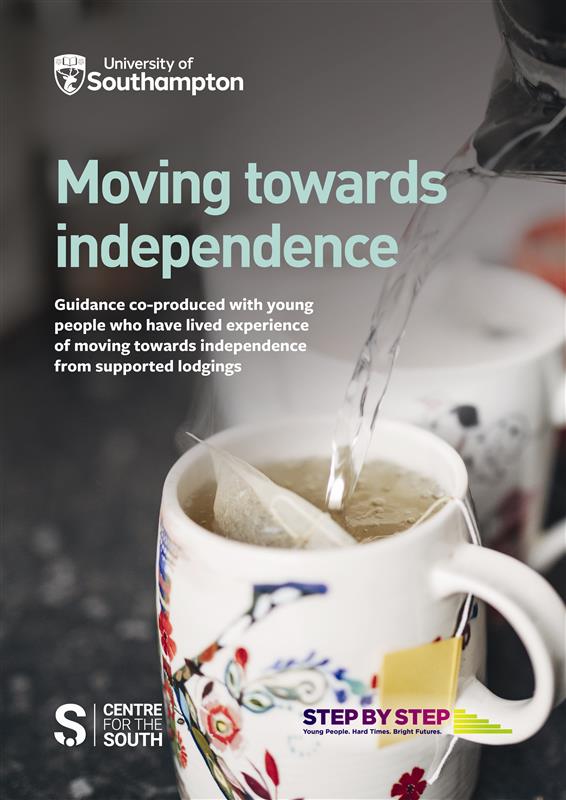Why Eighteen Isn't Cheaper
Each year, thousands of young people leave care or Supported Lodgings and move into independence. For many, the moment they turn eighteen is described as a cliff edge. Support drops away, costs rise and the safety nets their peers rely on simply do not exist.
Care leavers under 25 receive a lower rate of Universal Credit despite having the same living costs as older adults. Rent, food, bills, transport and basic essentials do not become cheaper at eighteen. This inequality forces many young people into impossible choices that can push them closer to homelessness.
At Step by Step, we see the impact every day. Young people moving on from Supported Lodgings or our Foyers have worked hard to build stability, yet they step into adulthood with less financial support than their peers. It is a system that does not reflect the reality of their lives.
What the Research Shows
In 2024, Step by Step partnered with the University of Southampton to co-produce Moving Towards Independence, a study built with young people who have lived experience of leaving care.
Young people identified four clear recommendations for improving the move to independence:
1. Fair financial support
Universal Credit should be provided at the full adult rate for care leavers under 25. Living costs do not change with age.
2. Better access to housing
Care leavers should have higher priority on housing lists and clear guidance on applying.
3. Consistent emotional and practical support
Young people should not have to repeat their stories to multiple workers. Reliable and ongoing support is essential.
4. Clear information early enough to prepare
Young people need at least six months’ notice about move on expectations, processes and entitlements.
These recommendations are rooted in lived experience. They are supported by academic evidence and the daily insights of practitioners delivering front line support. Together, they form a powerful case for reform.

Lived Experience in Focus
Stevie’s story
Stevie’s experience brings the research to life. When she tried to secure accommodation as a care leaver, she was asked for six months’ rent in advance. As a student, this was impossible. Even everyday decisions became difficult. A bus journey to visit friends could mean going without something else.
Five week months often pushed her into debt, and every penny had to be accounted for. None of this was the result of reckless spending. It was the cost of basic essentials.
Supported Lodgings offered the stability she needed. Her host provided a safe home, trust, encouragement and a place to grow. With support in place, Stevie began to thrive. She went on to secure a university place and plans to build a career in writing.
Young people like Stevie have resilience, ambition and determination. What they lack is a fair financial foundation.







